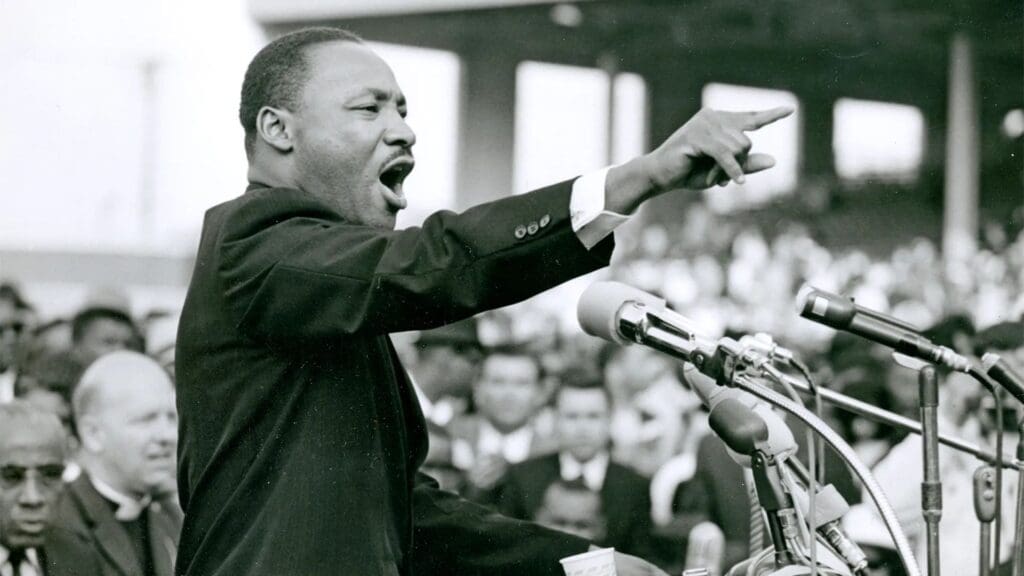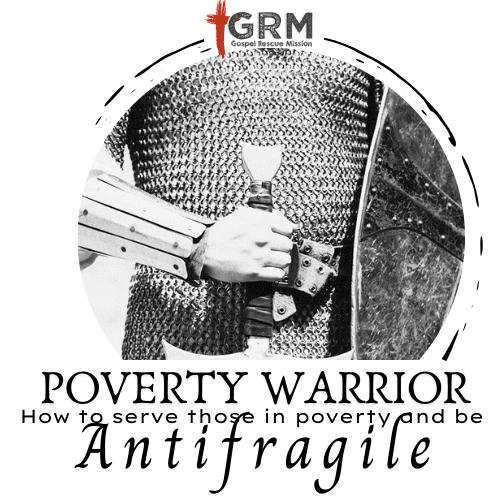Dr. Martin Luther King Jr.: A Visionary for Poverty Reduction
Dr. Martin Luther King Jr. is widely celebrated for his leadership in the civil rights movement, but his vision extended far beyond racial equality. He was deeply committed to addressing economic injustice and poverty, recognizing that true equality could not be achieved without economic security for all. His work in this area remains profoundly relevant today, offering valuable insights and inspiration for those committed to poverty reduction.
The Poor People’s Campaign
One of Dr. King’s most significant initiatives aimed at tackling poverty was the Poor People’s Campaign. Announced in 1967, this campaign sought to bring together poor people from diverse backgrounds to demand economic justice. Dr. King envisioned a “middle ground between riots on the one hand and timid supplications for justice on the other”. He planned for an initial group of 2,000 poor people to descend on Washington, D.C., to meet with government officials and demand jobs, unemployment insurance, a fair minimum wage, and education for poor adults and children.
The campaign was a bold attempt to address the systemic issues that perpetuated poverty. Dr. King understood that poverty was not just a racial issue but a human issue, affecting people of all races and backgrounds. By uniting poor people across racial lines, he aimed to create a powerful coalition that could push for meaningful change.
A Guaranteed Income
Dr. King was also a strong advocate for a guaranteed income, which he believed was the simplest and most effective solution to poverty. In his 1967 book, “Where Do We Go from Here: Chaos or Community?” He wrote, “The solution to poverty is to abolish it directly by a now widely discussed measure: the guaranteed income”. He argued that a guaranteed income would provide economic security and dignity to all individuals, allowing them to participate fully in society.
Dr. King believed that economic security would lead to a host of positive psychological changes, including increased self-esteem and a sense of purpose. He saw a guaranteed income as a way to address not only the material needs of the poor but also their emotional and psychological well-being.
Economic Justice and Civil Rights
For Dr. King, the fight for civil rights and the fight for economic justice were inextricably linked. He understood that racial equality could not be achieved without addressing the economic disparities that disproportionately affected African Americans and other marginalized communities. In his view, economic justice was a fundamental component of the broader struggle for human rights.
Dr. King’s commitment to economic justice was evident in his speeches and writings. In his famous “I Have a Dream” speech, he spoke of a future where all people would have access to the “riches of freedom and the security of justice.” He envisioned a society where poverty and economic inequality would be eradicated, and all individuals would have the opportunity to achieve their full potential.

The Legacy of Dr. King’s Vision
Dr. King’s vision for poverty reduction remains as relevant today as it was during his lifetime. Despite significant progress in some areas, poverty continues to be a pervasive issue in the United States and around the world. According to recent data, over 43 million Americans live in poverty, highlighting the ongoing need for comprehensive solutions to economic injustice.
Faith-based initiatives can play a crucial role in addressing poverty. Dr. King’s work serves as a powerful reminder of the importance of combining moral and ethical principles with practical action. By drawing on his legacy, faith-based leaders can advocate for policies that promote economic justice and support those in need.
Practical Steps for Poverty Reduction
Inspired by Dr. King’s vision, here are some practical steps that faith-based leaders and communities can take to address poverty:
Advocate for Policy Change: Work with local, state, and national leaders to promote policies that address economic inequality, such as raising the minimum wage, expanding access to affordable housing, and implementing a guaranteed income.
Support Education and Job Training: Provide resources and support for education and job training programs that help individuals gain the skills they need to secure stable, well-paying jobs.
Promote Financial Literacy: Offer financial literacy programs that teach individuals how to manage their money, build savings, and plan for the future.
Create Community Support Networks: Establish support networks that provide assistance with basic needs, such as food, clothing, and shelter, as well as emotional and spiritual support.
Encourage Civic Engagement: Empower individuals to become active participants in their communities and advocate for their rights and needs.
Conclusion
Dr. Martin Luther King Jr.’s commitment to poverty reduction was an integral part of his broader vision for a just and equitable society. His work continues to inspire and guide those who are dedicated to addressing economic injustice. By following in his footsteps and advocating for comprehensive solutions to poverty, we can honor his legacy and work towards a future where all individuals have the opportunity to thrive.
By drawing on his teachings and implementing practical strategies, you can make a meaningful impact in your community and beyond. Together, we can continue the fight for economic justice and create a world where everyone has the chance to live with dignity and security.


